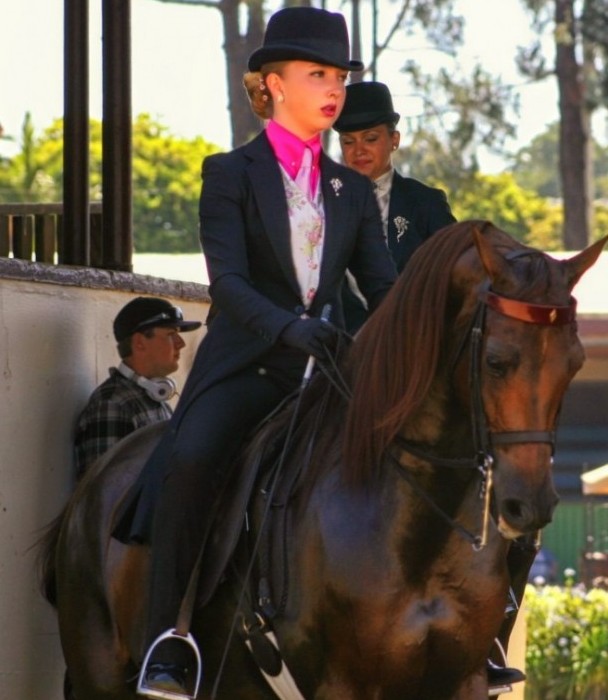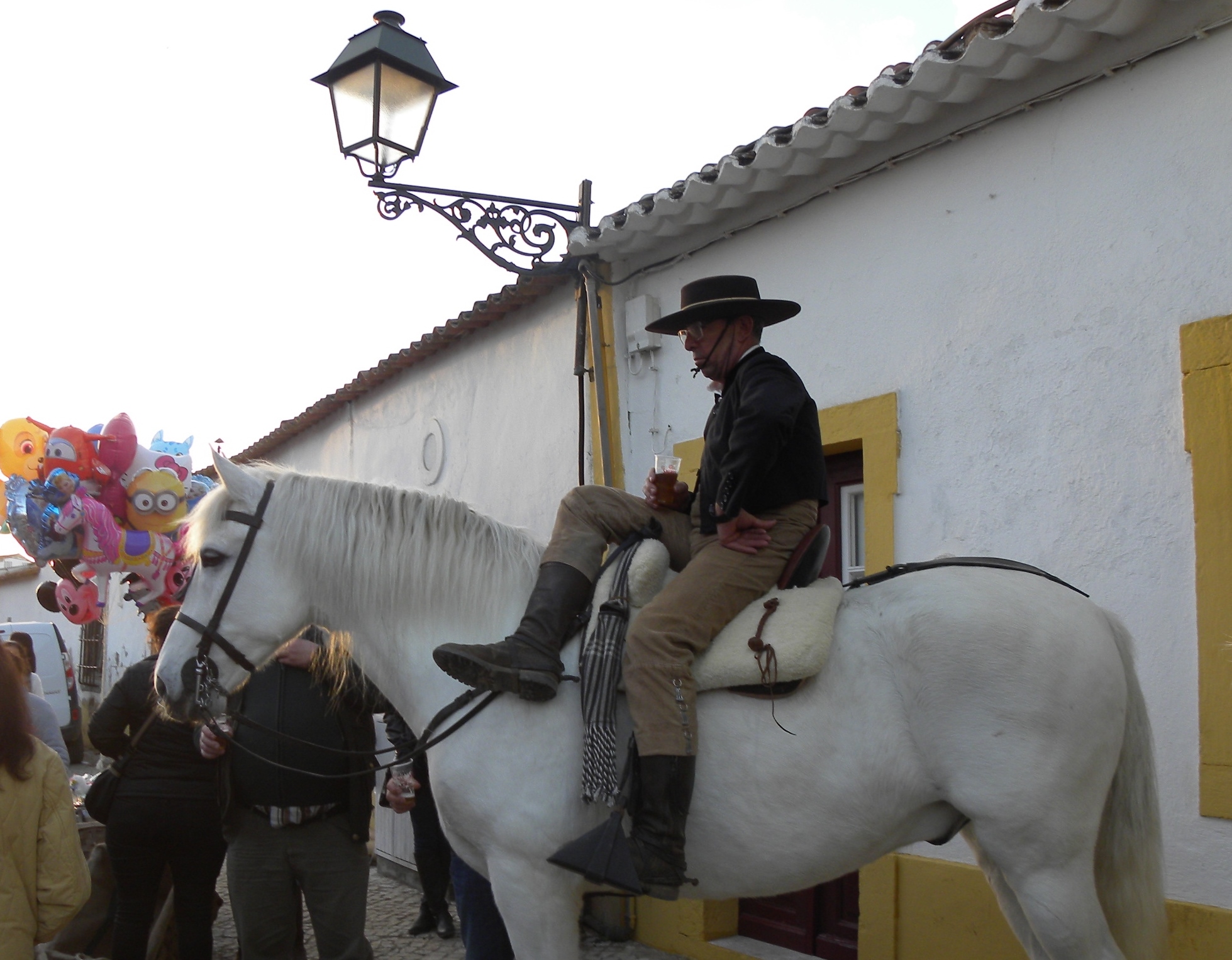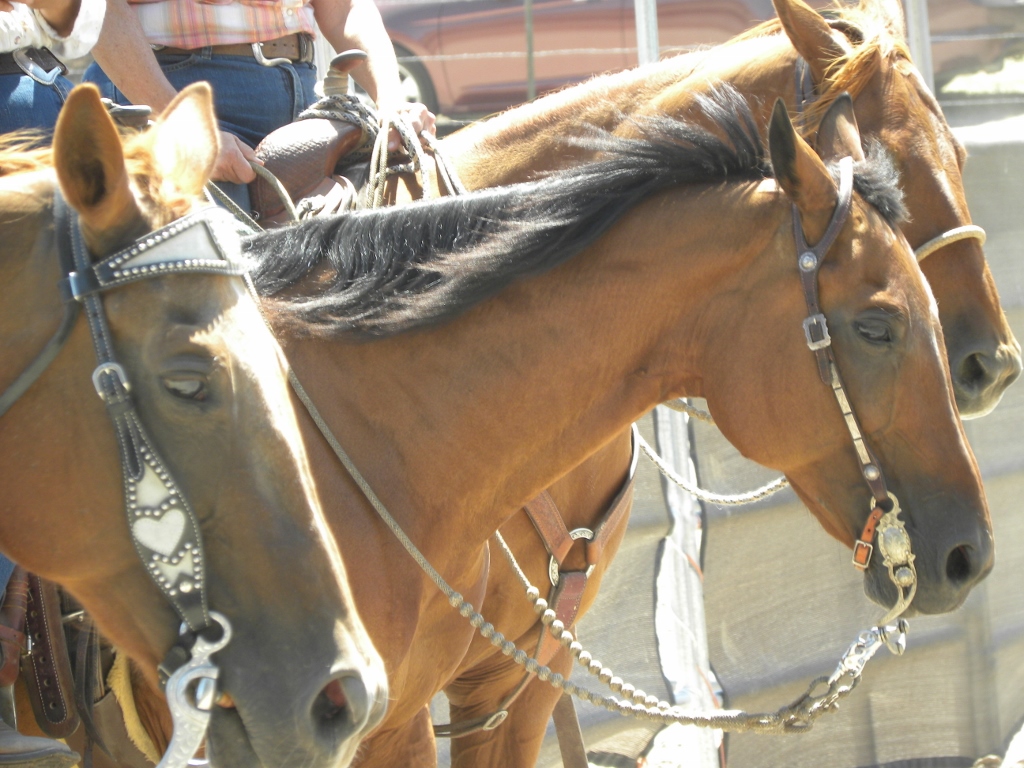A few weeks ago I was having lunch with a “horsey friend” that I had not seen for a while, and she brought along one of her barn mates who had been having a rough few months. Because horse people stick together and circle wagons around their own, my friend and I allowed the conversation to turn to this woman in spite of the fact that we had our own catching up to do. The short of it is that this woman had been thrown from her horse several months earlier, and two broken ribs and a fractured wrist later, she was terrified to get back into the saddle. She now has a horse riding fear. Her story hit me in the gut, because I had been there before with my own “horse accident” that put me in bed for 10 weeks with a plate in my leg and a nice 7 inch scar to show for it.
I’m sure that we have all either heard stories, had friends who have gone through this sort of thing, or we have gone through a major injury ourselves, so what is it that allowed those of us who are still in the saddle every day to overcome our fear?
In my case, I have been riding since almost before I can remember, and I had spent most of my “career” surprisingly unscathed despite some pretty risky rides, but my accident did change me; it didn’t stop me from getting back into the saddle, but it changed my direction and made me focus on what was really important to me – I guess in a strange way it forced me to take inventory of what I really wanted out of being an equestrian. For some of my other friends, I have found that the opposite was true, instead of giving them focus, a big injury sent their minds into a frenzy of what, why, how and if they would either ever be able to ride again.
Step 1. Understanding Trauma
Let’s talk a little about trauma. In the dictionary it is described as “a. A body wound or shock produced by sudden physical injury, as from violence or accident.” and, more importantly for this conversation, “b. An experience that produces psychological injury or pain”. So, “trauma” is something that happens “to us” and we are psychologically effected by the event. It seems that those who allow fear to stifle their actions after a trauma, or dictate what they will and won’t do, are avoiding the process of “healing”. Just as the body needs to heal, so too does the mind need to heal. Some of us have it worse than others; some of us feel the grip of doom on a larger scale than others, but the idea behind “healing” still remains the same.
When I had my accident, I wasn’t afraid at first. Still, as I laid there in bed replaying the incident over and over in my head for weeks at a time, I began to feel the fear creeping up inside of me. I knew, without a doubt, that if I didn’t get back into the saddle “right then” I would have a harder time doing it down the road. So, even though I couldn’t even fully bear weight, I waited until I was alone, got into the car and drove myself to the barn. I took out my best horse, took her into the arena, climbed *carefully* up onto the fence and slid onto her back. We made one round around the arena and I dismounted; that was all it took (and I’m not suggesting that anyone “sneak” out to the barn against doctor’s orders, mind you, but that was what I had to do for myself). I had started the journey of replacing the fear memories associated with my trauma with positive ones. When I could ride again completely, I will admit that I was a little tentative, but I just kept replacing those fear memories with positive ones until, now, I can look back on the event with the clarity of it simply being unfortunate and “in the past”.
So, this is all well and good, but what can YOU do to overcome fear related to a horse injury? The first step is to admit that you are a changed person and a changed rider because of the injury, and you need time to “heal” emotionally before you can get back to where you were. This process is very personal, and for some people what takes two weeks may take two months; don’t let this frustrate you. If you acknowledge that you have been traumatized and that your fear is coming from that trauma, you have suddenly “named the beast”, and it’s not quite as scary.
Step 2. Get Past The “Event”
The second step is to stop the blaming. Don’t run through the event in your mind constantly and think “if I had only been using a different bridle” or “if I only my horse wasn’t as spooky”. While it is healthy to assess a situation and think of things that we could have done differently, it is not healthy to obsess over a situation and allow the mind to begin believing that things will suddenly be better if you buy new gear, send your horse away for more training, find that special instructor who has a magic pill he can feed your horse to make him perfect, etc. Just acknowledge that a bad thing happened, assess the things that you could have done differently and file them in your brain for use down the road…then let it go. Don’t dwell!
Step 3. Decide What You Can Do to Overcome Horse Riding Fear
The third step is to set goals and stick to them. This is probably the toughest part, because it will require you to take action. You’re going to need to be hyper vigilant about sticking to them, but trust me when I say that you will be pleased with the results. Start small; maybe all you can do for the first few weeks is go out and groom your horse, but if that’s your goal, do it! When you get to the goal of getting back into the saddle, make sure that you have someone there with you for support, and don’t make too much out of it – just a simple walk around the arena each direction is sometimes the best place to start. End on a good note and you’ll have a positive memory to replace a little bit of that fear.
Do the three steps above work? Let’s return to the girl I mentioned in the beginning of this article. After talking with me a bit about my own experience and about trauma and fear, she began working the steps…she’s back to going out to the barn at least five days per week, and she’s been on her horse once and things went well. She told me that the most helpful step was actually the second one; she had allowed herself to become consumed with trying to figure out why it happened and how she could “blame” that on something. Once she stopped herself from dwelling on “what she could have done” and began focusing on “what she will do”, she started to feel a weight being lifted off her shoulders. In the end…fear is something that our brain uses as a defense mechanism, and it can consume us if we allow it to. Don’t let fear take the reins…you need to take them if you’re going to heal.
Main Image: Sarah Williams




